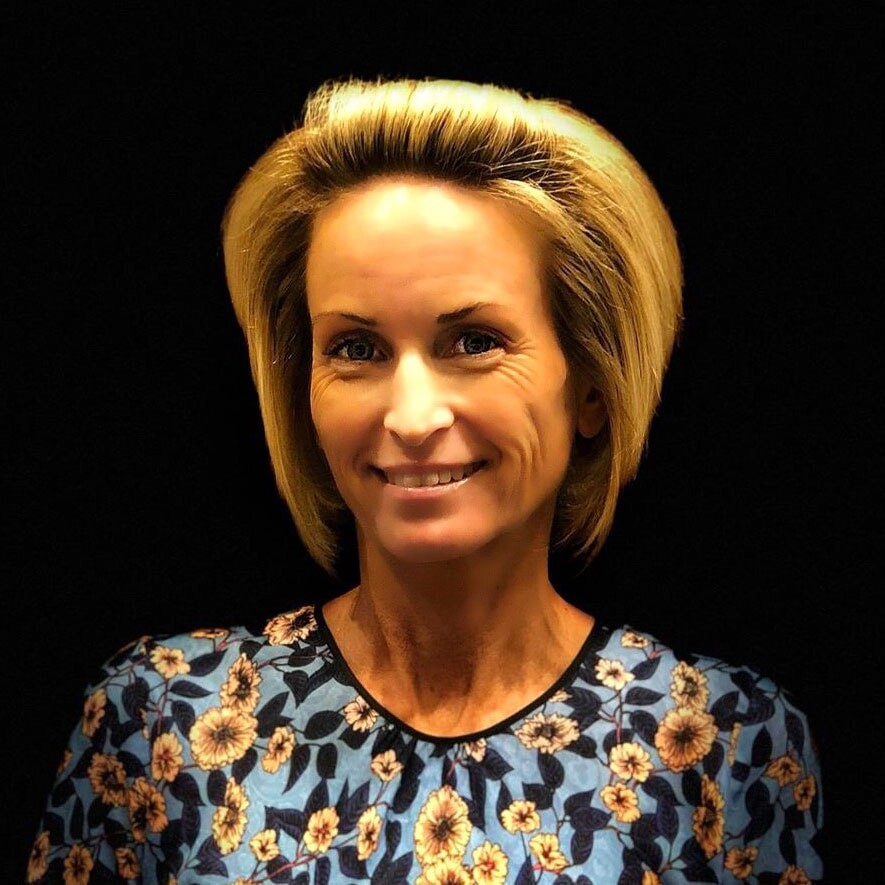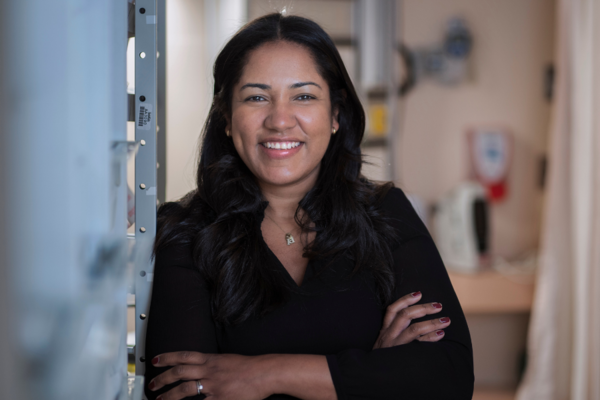Mobile Menu
- Education
- Research
-
Students
- High School Outreach
- Undergraduate & Beyond: Community of Support
- Current Students
- Faculty & Staff
- Alumni
- News & Events
- Giving
- About

In the past four years, Andrea Boggild (MD 2003) has mentored close to 100 students in the Community of Support Program at the University of Toronto’s Temerty Faculty of Medicine, an initiative that assists students who belong to groups historically underrepresented in science and medicine.
I am a clinician scientist at UHN and Associate Professor in Temerty Medicine’s Division of Infectious Diseases, Department of Medicine. I also serve as the medical director of the Tropical Disease Unit of Toronto General Hospital where I see patients who are suffering from illnesses acquired during travel or prior to migration to Canada. I am also a graduate faculty member of U of T’s Institute of Medical Science, where my research program focuses on closing diagnostic and care gaps for those with neglected tropical diseases.
Experiencing U of T as both a medical trainee and faculty member has enabled me to better serve the University’s student population in a mentorship and advisory capacity. Growing with U of T over the past 23 years has equipped me with the knowledge, skills, and expertise to guide students along their academic trajectory – particularly those who have been historically underrepresented in STEM.
Optimal health outcomes can only be achieved when communities are reflected by the health-care workers by whom they are served. Thus, we will continue to fall short of achieving goals such as the World Health Organization’s “Health for All” until such a time that the physician and public health workforce truly reflects the rich diversity of the Canadian national fabric.
In 2018, I launched a concerted effort to increase diversity in my lab and encourage students from underrepresented backgrounds to consider careers in medicine and science. So to me, inclusive excellence means that the entire academic enterprise has operationalized strategies that:
When one is accustomed to privilege, equity is perceived as oppression, and the resulting backlash is fierce. Don’t let that blowback push you off the path of justice. Just a minute amount of force applied consistently over time can steer a freightliner off a collision course, and you too can contribute to positive change with small intentional steps taken each and every day.
In my home office.
Your lived experience is your truth, and your truth is your power. No one can take that away from you.
This story originally appeared on the Defy Gravity campaign website.
